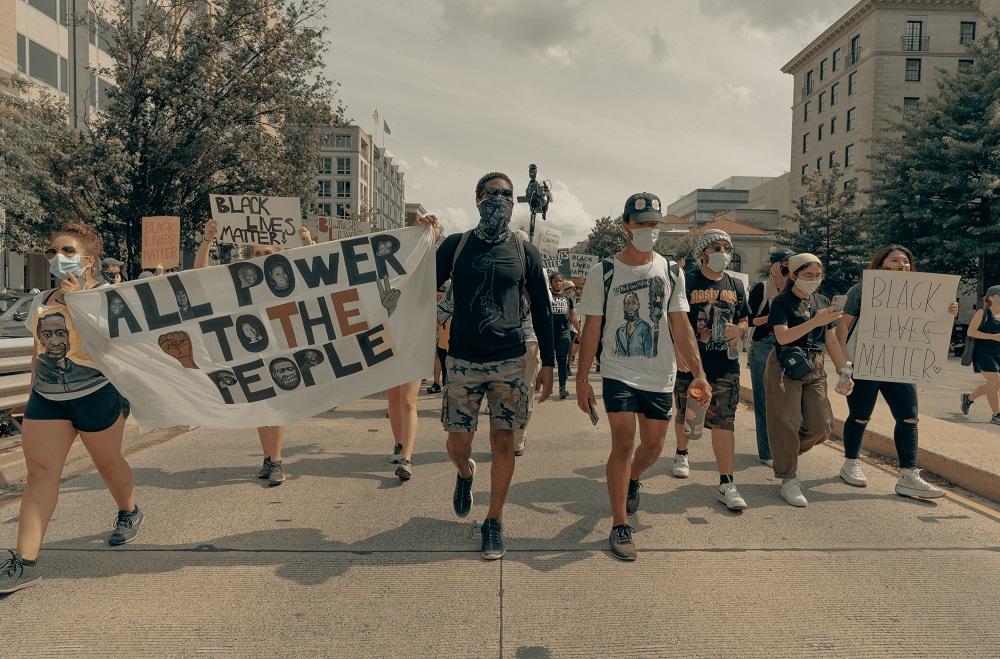It’s been well-established by previous Edelman Trust Barometer research that CEOs are expected to speak out on issues of social importance.
And with a historic election that may yield uncertain or contested results less than 4 days away, many CEOs are questioning what action they should prepare to take in its aftermath.
American voters are going about their lives and jobs in an environment rife with tension. Across voter affiliations, 2 in 3 Americans are concerned that this election won’t go smoothly. And concerns vary dramatically, depending on who we’re voting for. Trump voters are concerned about fraud. Biden voters, about intimidation, voter suppression, and foreign interference.
Brand-new Trust Barometer data offers a valuable “pre-mortem”, with findings that underpin the importance of being attuned to the expectations of both employees and the general population.:
- There is a bipartisan mandate for employers to respond to an unclear or contested election. Nearly three-quarters of American employees expect their employer to be ready to respond, a mandate that’s stronger for those 18-34, with an 82 percent majority.
- The majority of employees expect their employers to support democracy and a fair process, but most want their workplace to be a respite, free of political rancor. And only 24 percent believe that their employers should actively influence the outcome.
- Within the employee base, opinions vary by demographic. Young, city-dwelling, more diverse employees expect more from their employers—though often, the specific desired actions and behaviors are unclear.
- The stakes are high. Our research shows that over a third of employees, and nearly one-half of those ages 18-34, might engage in protests if you get this wrong.
- And complicating this, external permissions are limited. 61 percent of employees say that their employers will alienate colleagues by issuing a public statement on a delayed and/or contested election. And two-thirds of consumers agree, saying they’d prefer business to stay silent.
For many business leaders, a gut reaction may be that you’re damned if you do—and damned if you don’t. Say something, and you’re sure to upset some faction. Say nothing, and you’re sure to upset another one. Speak to your employees, and know that you might be chastised externally. Appease your young, coastal activists, and know that you might alienate your older, middle-of-the-country stalwarts.
It’s a moment without a playbook, where every company serves a different audience, carries different values, and will make a different set of decisions. But a few broad precepts do apply as you consider your approach:
- This is a moment to operate from the inside-out. Lead with empathy and put your employees first. When in doubt, operate at the intersection of your company’s values and your employees’ expectations.
- Create a respite. Your employees want—and in many cases, need—a sense of belonging of protection from the rancor around them. Provide them with opt-in information about the election’s implications for the organization and the country. And know that many will want to keep politics out of the workplace entirely.
- Focus on the process, not the outcome. You’re more likely to gain trust than lose it by reinforcing civility and calm. But, stay away from partisan words and deeds. When in doubt, speak to patience and respect.
Smart leaders will treat the challenge of an unprecedented election season as an opportunity—just as they did with the previous challenges this year.
In this case, the opportunity is for a deeper connection to employees, and a sharper, more authentic sense of your company’s mission and values.
As we saw with Covid-19 and the reckoning on racial justice, this is a moment where CEOs must re-write the playbook.
Russell Dubner is president of our U.S. operations.




